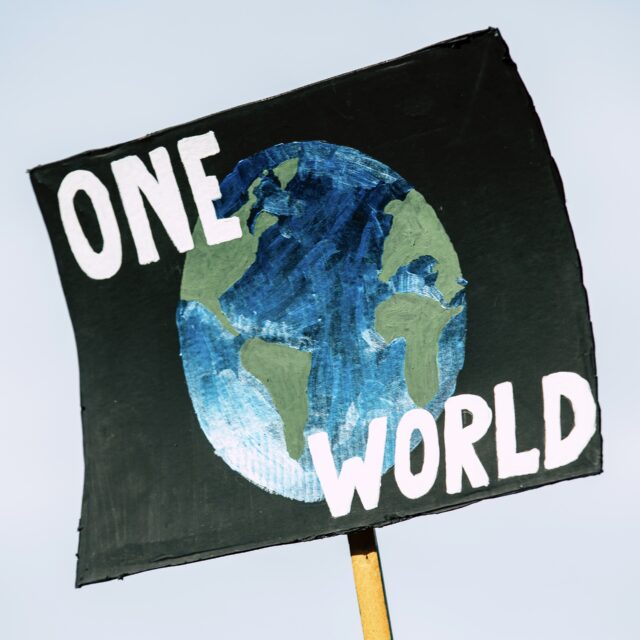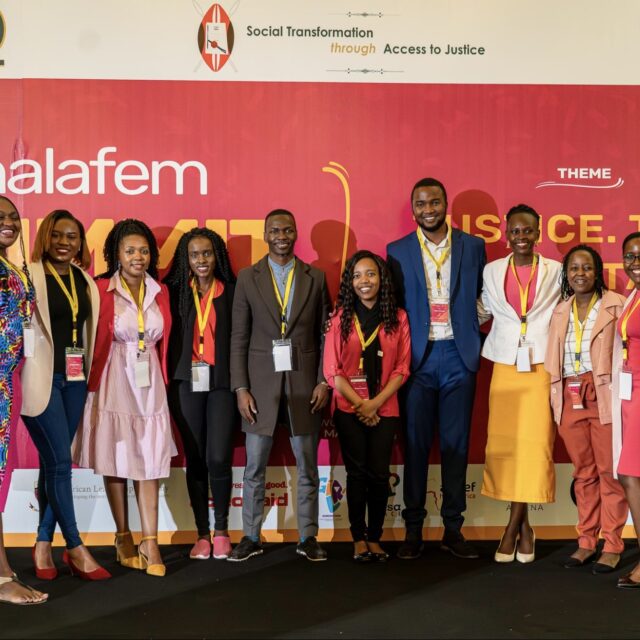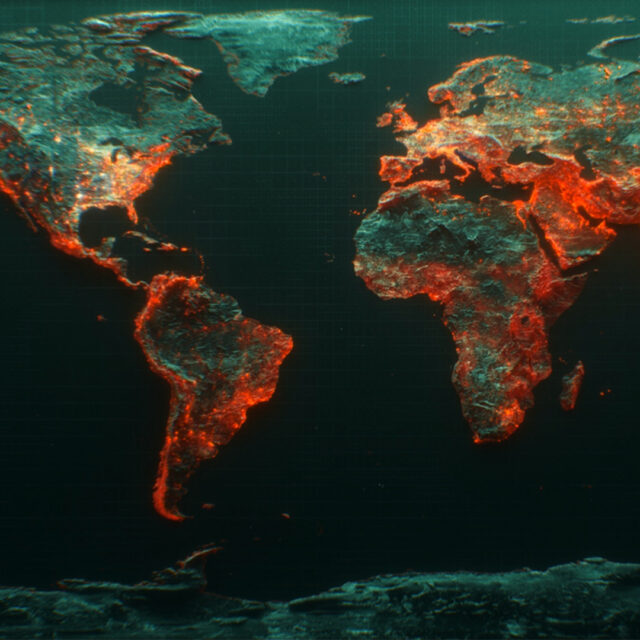Jef Vanhamel is a medical doctor and ONE Youth Ambassador in Belgium. He explains that to build back stronger and better after the COVID-19 pandemic, we need to stop business as usual and tackle the underlying causes of inequality and poverty, using a doughnut-shaped roadmap.
Given that I am a medical doctor, my – not so hidden – agenda really is about health. And these are rather exciting times to be working in public health. However, before I get to the Great Pandemic, I would like to take a moment to reflect on what health really is all about. Because I think we must not lose our gaze at this point, when life in all its aspects is being so overwhelmed by a single disease.
Believe it or not, there was a time before COVID, when we had already embarked on a great journey towards better health for all. But where has it really taken us so far?
First, a positive evolution over the past years has been the increasing attention for the socioeconomic determinants of health. And rightfully so, as the broader environment people are living in has a direct impact on health. A lot of these links between the environment and health can be brought back to issues related to poverty. Not having access to safe and potable water may lead to diarrheal diseases. Crowded living conditions, such as in slums, predispose to the spread of infectious diseases. And insufficient income and the absence of financial protection mechanisms may lead to inability to pay for essential medical services.
So the solution seems easy — we just have to eradicate poverty, right?
Well, I am not against eradicating poverty of course. After all, I am a ONE Youth Ambassador. But when it comes to health (and more importantly, the determinants of health), I believe it is more complicated than that. While we have never seen such a decline in poverty rates as in the last two decades, inequality has been on the rise. Indeed, the gap between the world’s poorest and the world’s richest has never been so wide, and income inequality is increasing in most parts of the world.
It is surprising to see that inequality has a major impact on the health outcomes of both the socioeconomically disadvantaged and the affluent. A striking link indeed, if it were only a matter of money. In the meantime, further evidence in favor of the causal links between inequality and population health have become pressing.
It is important to understand that these inequalities did not just happen by coincidence or because of some natural order of things. They are man-made and thus they could have been (and still can be) largely avoided. On top of that, they are costing society a lot of money. So why not question the way we are doing things?
Moreover, it is extra worrying that the systems that have (re)produced these inequalities (such as a skewed distribution of wealth through an economic growth paradigm based on free and competitive markets) do not only impact on the health of humans. In order to satisfy the increasing sense of consumerism created by commercial markets, we have pushed nature’s boundaries.. Through growing deforestation and climate change, contact between humans and disease-carrying animal species has intensified. In this reality, it was no matter of if but when a zoonotic disease would ultimately cause a pandemic. It proved to be SARS-CoV-2…
Zero hour: enters COVID-19
COVID-19 on its turn exposed and exacerbated the pre-existing inequalities in this world, disproportionately affecting vulnerable and minority populations, even in high-resource settings. Many countries responded to the outbreak with lockdowns or ‘lockdown-like’ scenarios, resulting in an enormous socioeconomic impact that is – again – skewed towards the most vulnerable of our society.
Some reacted to these facts with surprise, but knowing where we are coming from, this is sadly just an accurate reflection of how our system works. How was this crisis ever going to play out equally for all of us when some of us get a head start?
COVID-19 to me is really the symbol of an unequal world that has derailed completely under pressure of this illusion that somewhere along the way the wealth accumulated by those up there would somehow trickle down and benefit us all. That way, “the system” would at least have had any use. Yet here we are, all stuck together in a major health crisis and the greatest recession since World War II. And if we keep going on like we have been doing over the past decades, we might as well try to get used to a regular pandemic, as the next one might already be knocking on the door…
Can we do better?
Is there no way out of this? Can’t we do better? This is where the doughnuts come again into play.
First of all, I believe we have to do better and differently. Because there is really no alternative. To quote one of the founders of neoliberalism, Milton Friedman, “when a crisis occurs, the actions that are taken depend on the ideas that are lying around.” Luckily for us, there are some pretty good (other) ideas lying around. And this is one in particular that I wanted to draw attention to: the Doughnut economics model (from here on referred to as the Doughnut).
This Doughnut, created by Oxford economist Kate Raworth, puts sustainability (and not growth per se) at the front stage. The goal becomes satisfying the essential needs of all (the inner circle), while at the same time staying within ecological boundaries (the outer circle). Just to be clear, the Doughnut is not about moving backwards, as there is no compromise on essential human needs (avoid the hole of the Doughnut at all times!). Rather it is about moving forward within the reasonable limits of what is healthy for the entire planet.
If applied well, the Doughnut is not about reshuffling the deck. It is about changing the rules of the game. What is clear is that we will have to choose boldly for solutions outside of the systems that got us here in the first place. So the Doughnut must not be about capitalism, or neoliberalism, or socialism, or left versus right; It is about doing something completely different: transformative change. These are big words indeed. Yet they are still waiting to be put into action. It is like they say, the proof of the Doughnut lies in the eating.
We have already spent quite some time mapping the problems. The only way to change, however, is to decide to stop business as usual now and go for it. There is a doughnut-shaped roadmap to change, it will require political will to use it well. And it cannot really wait until this pandemic is over, because this is part of the solution to get us out. On the other hand, would a world based on a Doughnut really be that bad?



